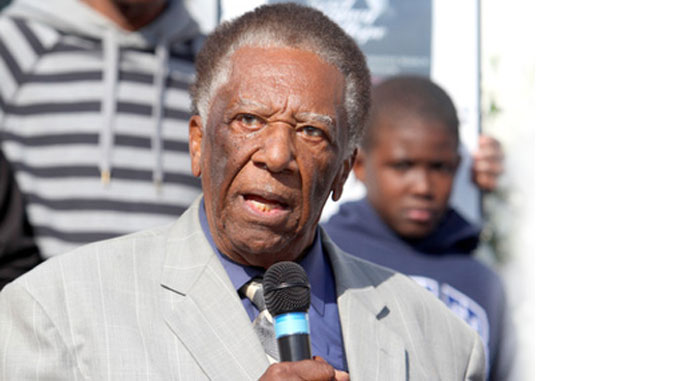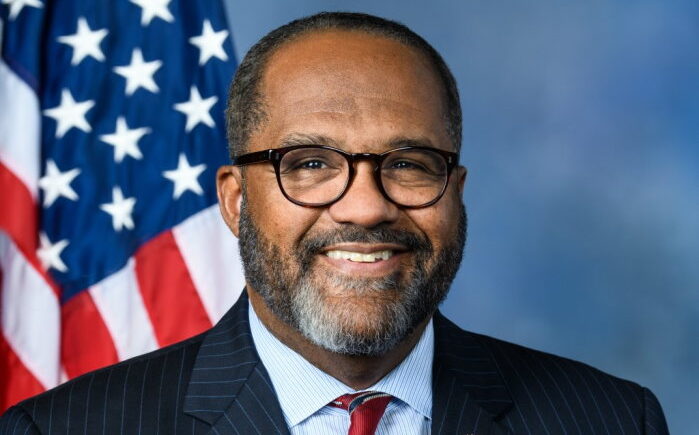
Edited by Kaelin Maloid
Reverend Samson “Skip” Alexander’s life started with doubt: His mother was a fifteen year old girl from Gert Town who gave birth to a fifteen pound baby. Doctors didn’t think either of the two would live, but his mother lived into her 80s, and Alexander grew up to become a prominent New Orleans Civil Rights leader.
However, on Sunday, March 26, Alexander passed away in his home at the age of 89
Amongst his accomplishments, Alexander was present at the founding of the Southern Christian Leadership Conference in New Orleans in 1957 at New Zion Baptist Church in Central City. He also worked for the American Federation of the State County and Municipal Employees AFI-CIO. Alexander is also responsible for the treasured photos capturing Coretta Scott King, siting front row with her children mourning her husband’s death.
“We lived in struggle, but kept our eyes on the prize,” Alexander said during this 2010 discussion at the New Orleans Public Library. “No one gave us freedom. We earned our place.”
Reverend Alexander passionately recounted the importance of the struggles for freedom that made up the civil rights movement, and the very real dangers Black folks lived with during Jim Crow. “When you didn’t have the law on your side, you didn’t have anything,” Alexander said. Black people at this time were not free to travel even small distances, he added. “Going to Baton Rouge might cost you your life. The Klan might run you off the road.”
During this discussion, Alexander also described some of the inspiring figures he has met, from Louis Armstrong to national and local civil rights leaders. He discussed desegregation struggles in Little Rock, Arkansas, and the fight over the burial place of Louisiana’s Black governor P.B.S. Pinchback, who remains buried in Metairie Cemetery, which had been previously reserved for whites only.
Alexander was a leader of the Memphis Sanitation Strike and worked with the Reverend Martin Luther King, Jr. Coincidentally, Alexander was staying at the Lorraine Hotel and working on getting sanitation cards signed when King was assassinated. His goal was short-lived by the incident, and Alexander remembers that many people were uncertain if the Civil Rights Movement would go on without King.
“I thought so,” Alexander said. “No other man in the world was spontaneous as he was. He could rally up a crowd. He could bring together good men and bad men.”
Prior to his death, Alexander marched with King during many of the marches from Selma to Montgomery, Ala., to seek voting rights for African Americans.
Funeral services for Alexander are set for April 6 at Christian Unity Church on Conti Street.
Recommended For You.



Be the first to comment